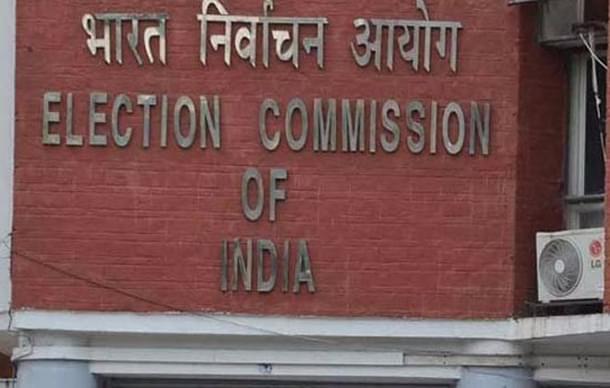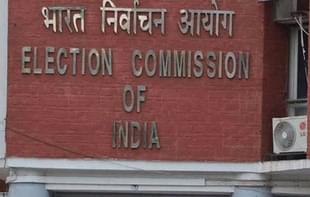News Brief
EC To Set Up Panel To Identify Shortcomings In Recently Held Elections And Recommend Reforms
Arun Kumar Das
May 14, 2021, 10:47 AM | Updated 10:47 AM IST
Save & read from anywhere!
Bookmark stories for easy access on any device or the Swarajya app.


The Election Commission of India (ECI) will set up a core committee headed by a secretary general to identify learning, experiences, and shortcomings of the recently held elections in Assam, Bihar, Kerala, Tamil Nadu, West Bengal and Union Territory of Puducherry.
The committee has been tasked with identifying gaps in the ECI regulatory regime, if any, and shortcomings in the implementation and enforcement at the level of chief executive officers/district officials.
The panel would examine the need for strengthening legal and regulatory framework, enabling ECI to more effectively ensure compliance of guidelines and directions, including the Covid norms.
It would explore measures to ensure discharge of responsibility, like enforcement of Covid protocols by the agencies and authorities mandated under respective regulatory and legal regimes to do so irrespective of and in addition to ECI guidelines.
The committee would identify gaps, if any in the guidelines or at implementation level in the model code of conduct/regulatory regime leading to avoidance/non-compliance by the candidates and political parties’ stakeholders.
The panel would also suggest steps to further strengthen the expenditure management regulation for inducement free election while examining shortcomings in existing framework in providing protection to electoral machinery from possibility of reprisal after elections.
Besides finding gaps in communication strategy, if any, the committee has been asked to explore measures required for strengthening the offices of electoral machinery at the state level namely the offices of CEOs, district election officers (DEOs) and returning officers (ROs) and also examine issues related to electoral roll, voter list and delivery of electoral photo identity cards (EPICs).
The committee has also been asked to collate and analyse experiences, best practices across states/UT and suggest way forward and further reforms required.
Election commissioners of the ECI and CEOs of states that recently went to polls, and a few select special observers and observers will be members of the committee.
While finalising its recommendations, the committee will also take inputs from state nodal officers of different divisions like police, expenditure, health authorities as well as from some DEOs, SPs and ROs identified by CEOs, polling officials, booth level officers about the issues and challenges faced at the grass root levels.
The committee will also examine the recommendations of the nine working groups (which were set up post Lok Sabha Elections, 2019) in light of experiences in the states that went to the polls.
The commission had formed nine working groups of CEOs and commission officers covering various facets of election process including electoral roll issues, polling stations management, model code of conduct, voting processes and materials inventory, capacity building, IT applications, expenditure management, SVEEP and media interface as also electoral reforms.
Recommendations of the core committee will help the commission to chalk out way forward for forthcoming polls in future. The core committee has been asked to submit its report within a month.
Arun Kumar Das is a senior journalist covering railways. He can be contacted at akdas2005@gmail.com.





